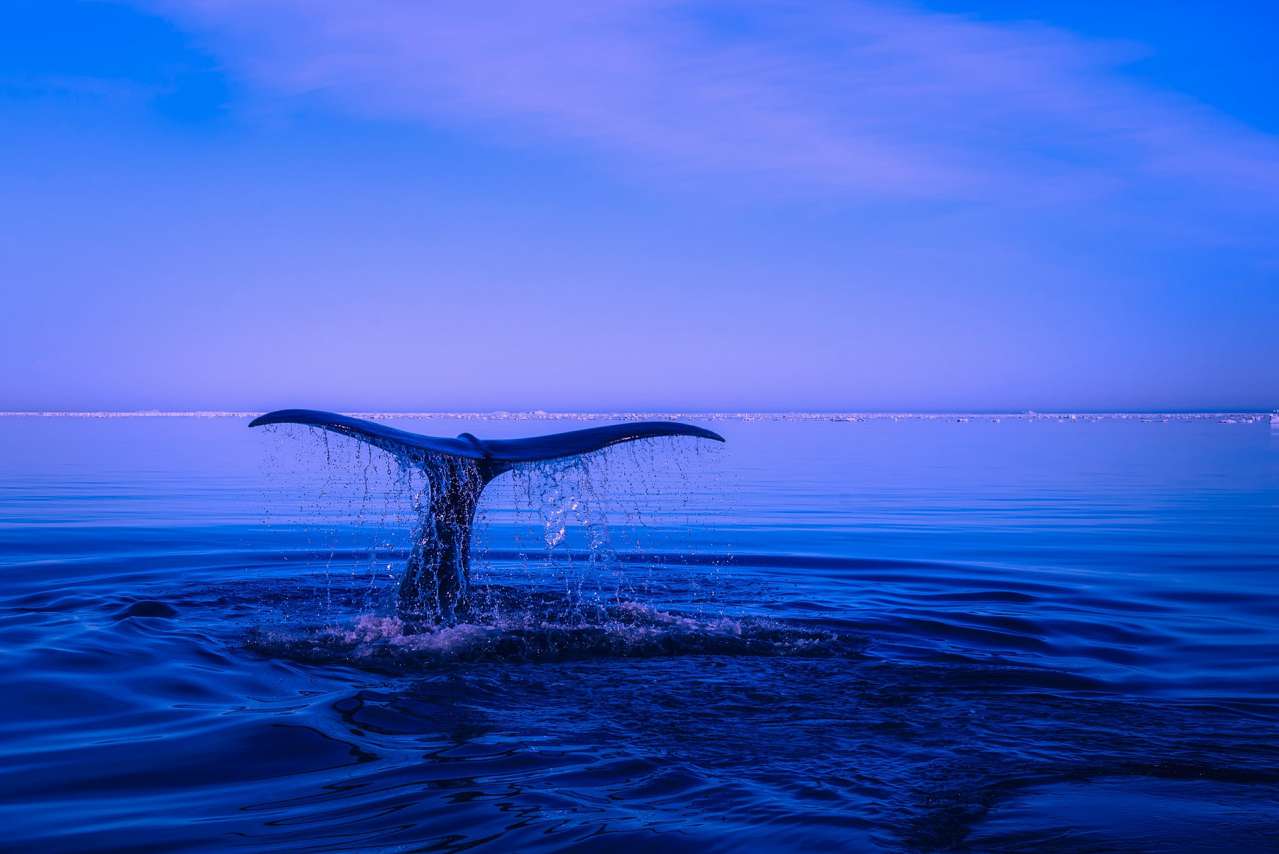Most fish breathe using oxygen dissolved in the water that passes through their gills.
But if the gills are damaged and cannot pass water, the fish may suffocate.
Technically, fish don't drown because they don't breathe water, but pass it through their gills, but they die from lack of oxygen.

What organ allows a fish not to drown in water
The swim bladder is a special organ found only in bony fish. It is located in the body cavity under the spine and allows the fish not to drown under its own weight.
Why do deep sea fish wash up on shore
According to legend, the fish rise to the surface and are washed ashore before the upcoming earthquake.
This is due to scientific theories that bottom fish may well be subject to seismic fault line movements and act uncharacteristically prior to an earthquake.
Lack of oxygen, an abundance of garbage - all these factors force marine life to look for a better place. In addition, losing orientation, the animals are thrown ashore.
In a 2021 study published in the journal Geophysical Research Letters, a team of scientists reported that by 2080, about 70% of our world's oceans will experience a noticeable loss of oxygen due to warmer temperatures.












